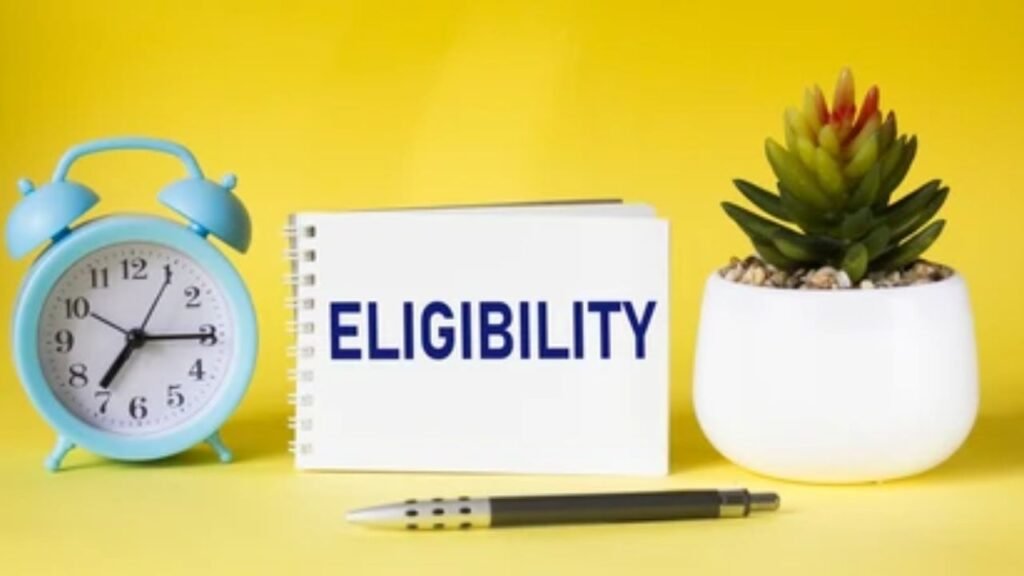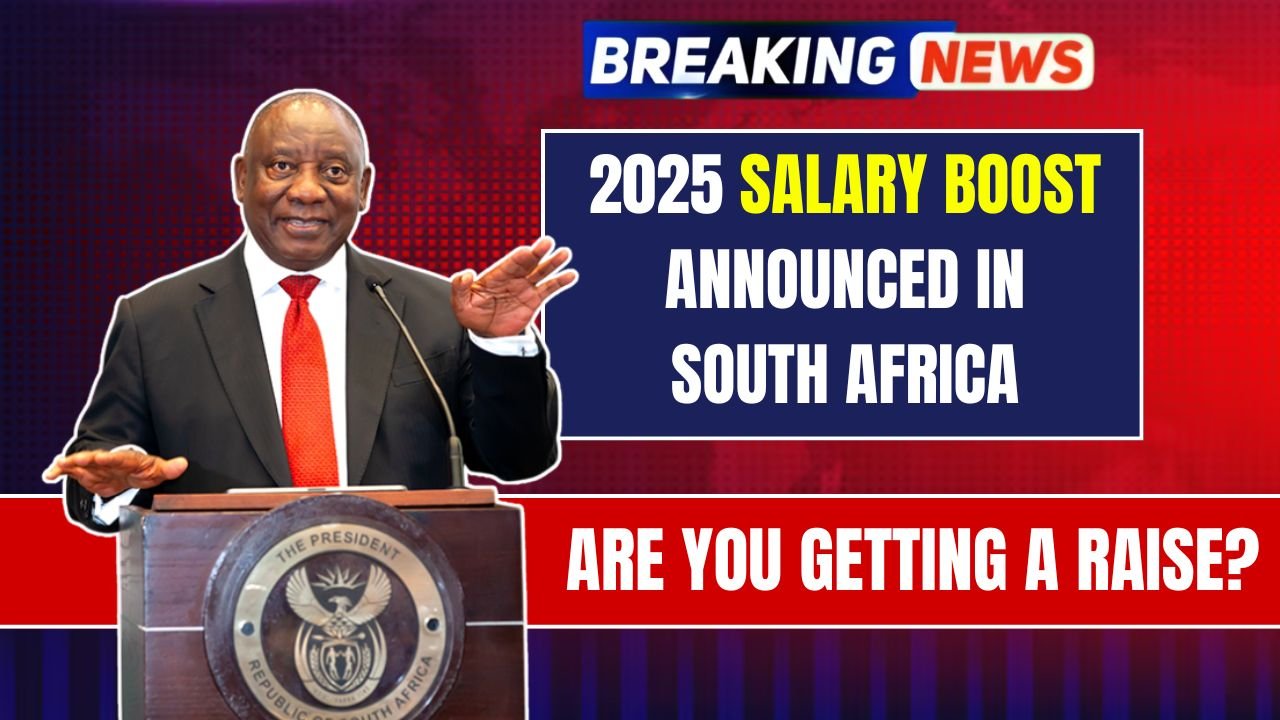The government of South Africa has declared a massive and historic salary rise in 2025. This procedure has been implemented to enhance the living standard of millions of employees, give relief to the increasing inflation and equal remuneration in working places. This salary increment plan is not just limited to those who will work in the public sector, but also to the people in the private sector and the minimum wage workers.
Please tell us what exactly is the purpose of this decision, on whom it will have a positive effect, who will be mentioned in the criteria, and how this shift will affect the economy.
Objective of salary hike – A fair initiative
This 2025 setting of salary is the all-inclusive strategy of south African government that was to stem an increasingly high income inequality, sufficient income of workers to cover life and improve consumer consumption. The move has been made after many deliberations and negotiations between the government, trade unions and the private sector.
Who will benefit – Know who is eligible

1. Public sector employees
The government servants who perform the job in the government like teachers, policemen, health workers, and administrative officers would now be receiving a pay raise of 5.5 %. Other than this they will also increase their housing and traveling allowances.
Eligibility criteria:
- Appointment in national or provincial government.
- Permanent, contract based or part-time worker.
- Housing and travel allowances calculated according to the salary structure.
2. Private sector workers
The payment to the workers in the mining, construction, retail, and service industries will also be better. The percentage of rise will however differ in various industries.
Key points:
- Some companies like Sibanye Stillwater have announced a monthly increase of R900.
- Salaries will be reset based on union agreements.
- Wages will be revised according to the Consumer Price Index (CPI).
3. Minimum Wage Workers
The national minimum wage rate is being increased from R27.58 per hour to R28.50 per hour. This will benefit domestic workers, farm workers and entry-level employees.
When and how will the wage hike be implemented?
Public sector:
- The new wage structure will come into effect from 1 April 2025.
- Changes to housing and transport allowances will be made in July.
Private sector:
- Will be implemented according to agreements reached with employers in each industry.
- Most of the changes will come into effect between March and June 2025.
Minimum Wage:
- The new rate will be effective from 1 March 2025.
- There is a provision for penalties for non-compliance.
Additional benefits – not just salary

Not just salary, employees will also get many other financial benefits.
- Housing Allowance: Will be increased from R1,784.55 to R1,900, and will be adjusted for inflation in July.
- Transport Allowance: The transport allowance will also be revised in view of fuel prices.
- Dearness Adjustment (COLA): The salary will be reviewed every year in line with inflation.
How to know if you are eligible?
If you want to know if this salary hike applies to you or not, you can follow the steps below:
- Contact your employer: Ask the HR department if you fall under the new salary structure.
- Visit the government website: gov.za to see official announcements related to salary increase.
- Seek union assistance: If you are associated with a trade union, they can confirm and advise you on your situation.
- See information notice: Employers have to inform employees in writing about salary adjustments.
Economic impact – The country’s economy will get a boost
The government believes that this salary increase will give a new direction to the country’s economy. Its main benefits will be:
- Increase in household income: Help employees meet their cost of living.
- Increase in consumer spending: Demand in the market will increase, which will give impetus to economic activities.
- Contribution to GDP: According to experts, this move is likely to increase GDP by about 1.2%.
Possible challenges – What will be the difficulties?
While this initiative brings relief, there are some concerns that have also come up:
- Employer compliance: Some small businesses may be unable to comply with the new wage rates, which may impact jobs.
- Inflation impact: Wage increases may lead to further inflation, which will impact purchasing power.
- Industrial unrest: Ongoing wage negotiations in some sectors may lead to strikes or protests.
Conclusion
The press release of this increase in wage in 2025 is a good and encouraging news to the employees of South Africa. The initiative will also lessen economic inequality along with the raising of the standard of living of employees. With efficient execution of the change with the help of the government, the unions and the employers it can turn out to be a book of economic growth to the whole country.
As an employee, this is the moment to be watchful and make sure that you are in a position to reap the best in regard to this change. Be informed of the changes, read the information of the government and know your rights
FAQs
Q1. Who is eligible for the 2025 South African wage hike?
Public and private sector employees, contract workers, and minimum wage earners meeting specific criteria are eligible.
Q2. When will the new wage increases take effect?
For most sectors, wage hikes will begin from March 1, 2025; public sector changes will reflect from April 2025.
Q3. What is the new National Minimum Wage?
The National Minimum Wage is expected to rise to approximately R28.50 per hour, depending on inflation.
Q4. Will housing and transport allowances also increase?
Yes, both housing and transport allowances will be adjusted to match inflation and support rising living costs.
Q5. How can I check if I qualify for the wage increase?
Check with your employer, visit the official government website (gov.za), or consult your union representative.


